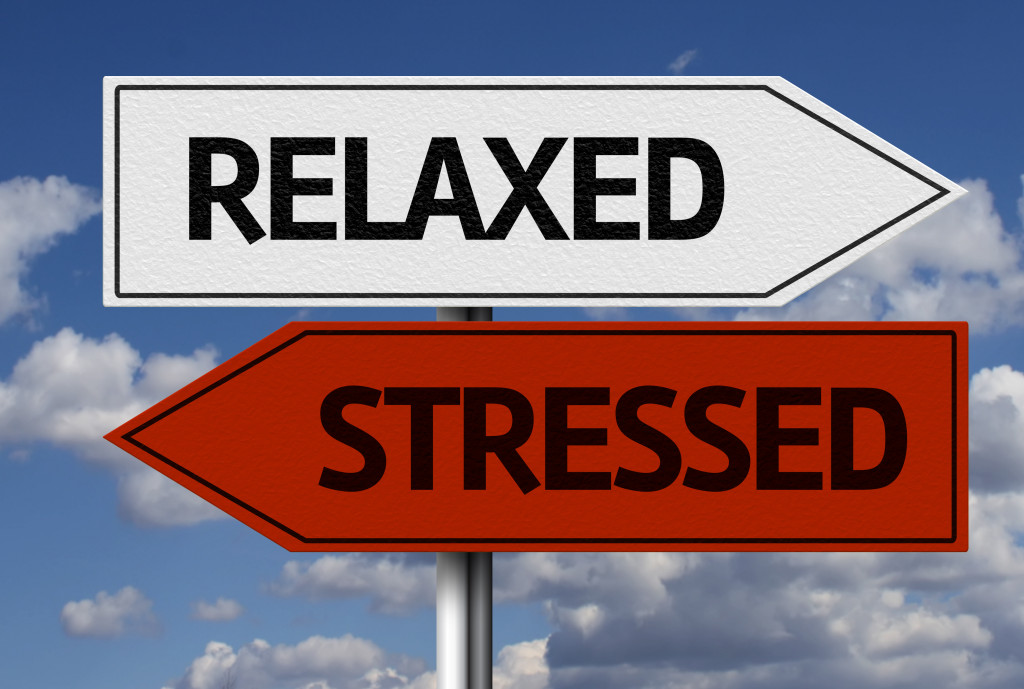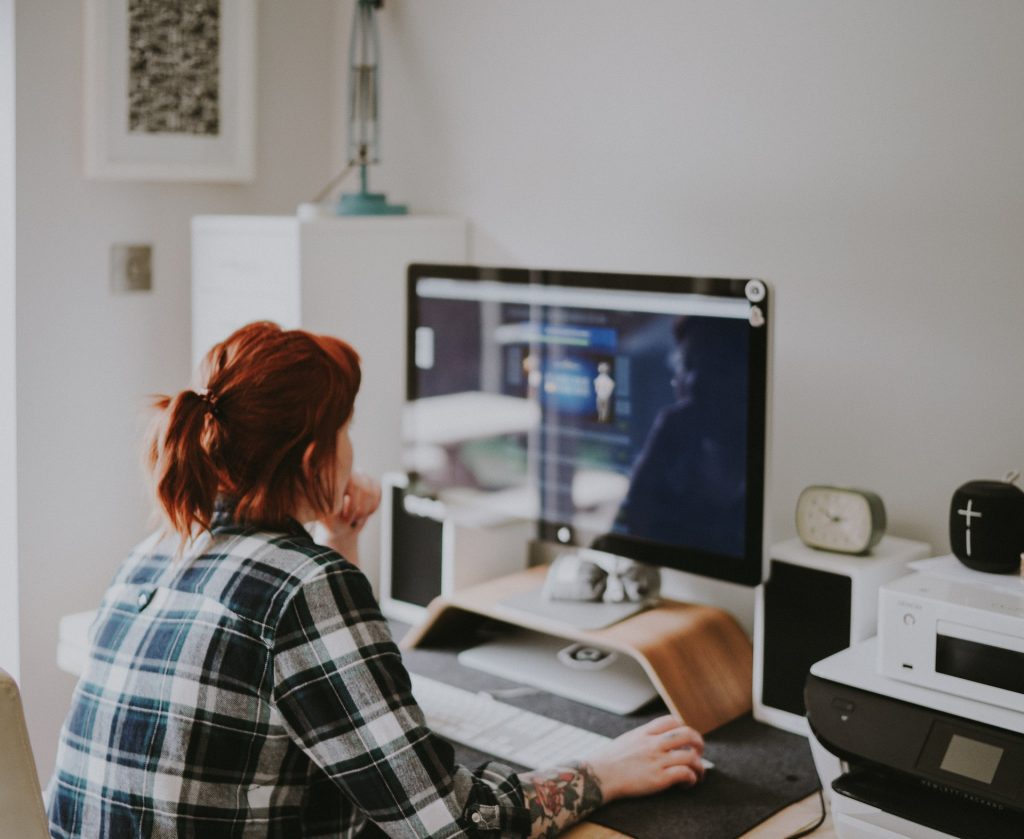Throughout much of our lives, anxiety and stress will usually play key roles, especially when it comes to how we interact with others. One of our main advantages as a species is adapting to almost any situation through our wit and intelligence.
In most cases, stress and anxiety will play a key role when it comes to how we adapt to our environment. For instance, anxiety would usually tell us that we have to slow down in an intersection because there is a chance that another car might be passing through. Thus, slowing down is the best way of addressing such as situation.
While a bit of stress and anxiety will usually help adapt to certain situations, getting too nervous, stressed, and anxious about an event will usually lead to performance anxiety. Ever had that feeling of getting sweaty palms, lumping your throat, or your heart starts racing right before performing in front of a lot of people? Well, it’s a natural reaction of the body. No matter how confident you might be, there will be times that the pressure will get to you.
What Exactly Is Performance Stress and Anxiety?
But before anything else, we have to discuss what performance anxiety is in the first place. This will give us a better understanding of how we can address it.
Contrary to what most people think, performance anxiety, sometimes known as stage fright, is fairly common and will usually affect many people in varying age groups. As a form of anxiety, many individuals who experience this are usually stressed out that they might not meet the standards in front of the crowd. This is especially true for individuals that are speaking in front of strangers.
Of course, this performance anxiety isn’t just isolated to public speaking or performing in front of people: it can occur in various situations. Whether it’s interacting with someone, performing tasks, or socializing, this can often lead to the person becoming embarrassed since they cannot perform to their full potential.
In certain situations, some individuals cannot handle the stress and try to avoid interactions and events. Although this type of anxiety is usually just a small part of a person’s life, there are instances that severe anxiety could be a symptom of more generalized anxiety disorder.
Fortunately, there are different ways of getting rid of all that nervousness and performance anxiety that you might be feeling. Here’s what you can do.
Establishing a Support Network
First and foremost, one of the best ways of relieving anxiety is by having a network of friends you can trust. Learning how to deal with anxiety can be a daunting task, but you’re not alone in this situation. A support group or even at least one trusted friend can help ease-up your anxiety. Sometimes, the best way of treating anxiety is to let off some steam by telling your friend what you are feeling.
Another good way of addressing performance anxiety is by replacing your worries with more positive energy instead. Instead of trying to calm yourself down, which is the most convenient way of dealing with anxiety, most would suggest getting excited over your performance. You would be surprised how getting excited over your performance will drive better results.
Getting Professional Help
If you are getting more severe bouts of anxiety, you might need to get professional help. Most would suggest seeing therapists and psychiatrists that can give a comprehensive solution to your issue.
Some professionals offer a more natural alternative to taking medications. Instead of just relying on medication, there are therapeutic sessions that will help soothe the nerves. Fortunately, some professionals are well-versed with homeotherapy. Through the use of natural ingredients, this therapy is a great way of addressing anxiety.
Making Lifestyle Changes
Lastly, making important changes to your lifestyle can help with your anxiety. Your mind and body are intertwined, and whatever you place into your body can also affect your mind. That said, regularly exercising and making drastic changes to your diet can help with your mental health. Most experts would suggest having a good sleeping habit since anxiety is linked to the lack of sleep.
Performance anxiety can manifest itself in various situations where you’ll need to perform for an audience. The best way of coping with performance anxiety is by slowing down for a while, breathing, and recognizing your feelings and emotions. Remember: there’s always a first time to everything, and it will take a great deal of trial and error. That said, patience is a virtue when dealing with anxiety. Slowly but surely, you’ll be able to overcome it.
If there’s a major event coming up and you need ways to relax, you can always tackle the problem directly. After all, staying preparing and having a positive mental attitude can go a long way. Still, if you think that your anxiety occurs more frequently than usual, you can always seek help from a mental health professional regarding this matter.

